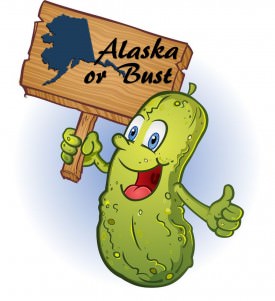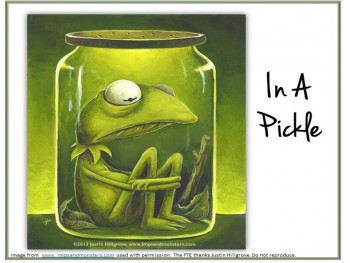Hot Topic: In a Pickle


Welcome: 2020-21 FTE Student Ambassadors
This year, FTE is welcoming thirty-seven student ambassadors who are committed to sharing the economic way of thinking. FTE Ambassadors…

Webinar: The Economic Implications of COVID-19: An Update
On Wednesday, June 10 at 6:00 PM ET/ 3:00 PM PT, Professor Scott Baier, Chair of the Economics Department at…

Webinar: This Is Your Brain On Numbers: Data, Statistics and COVID-19
On Wednesday, May 27 at 3:00 PM PT/ 6:00 PM ET, FTE will present a webinar titled This Is Your…

